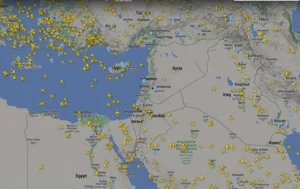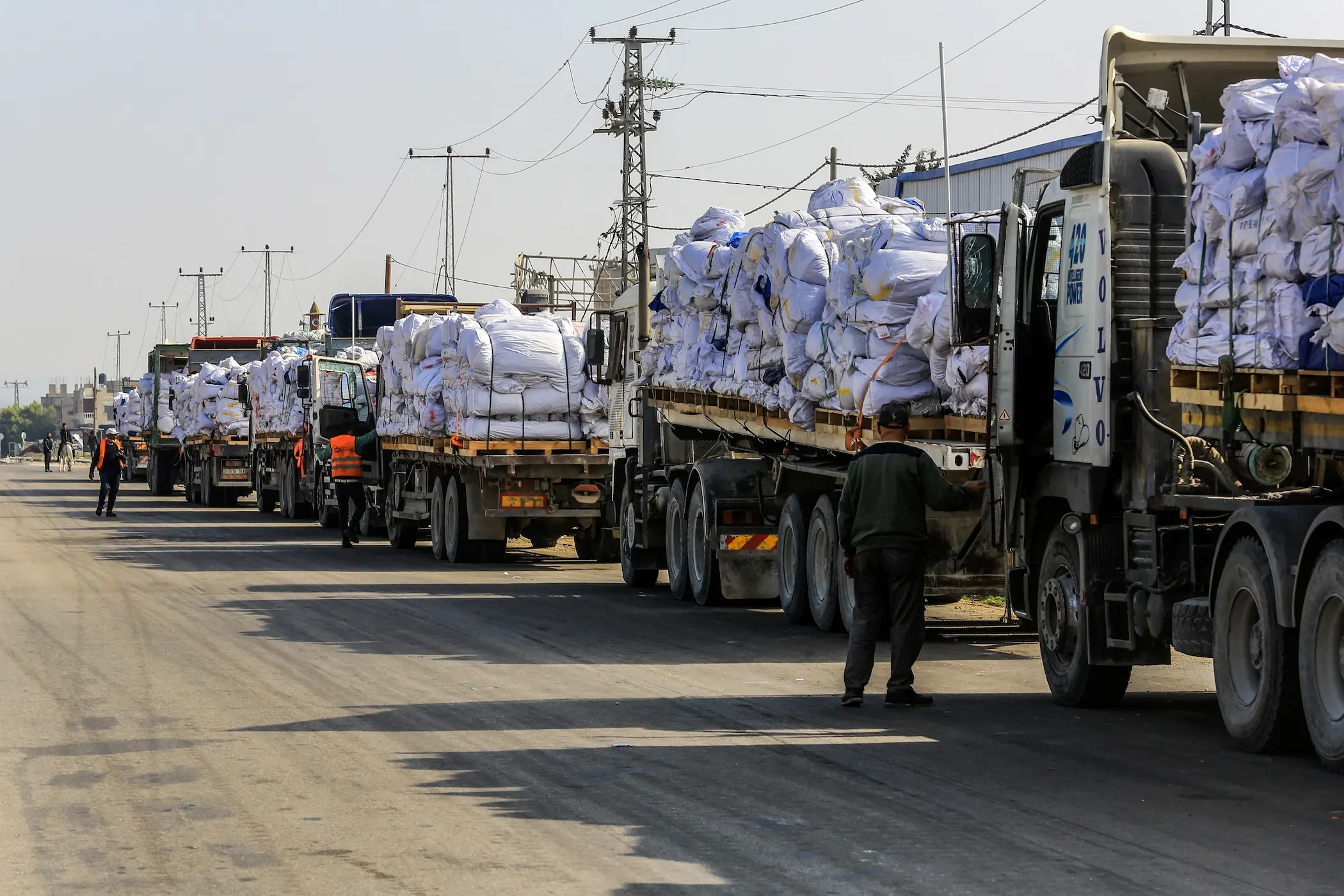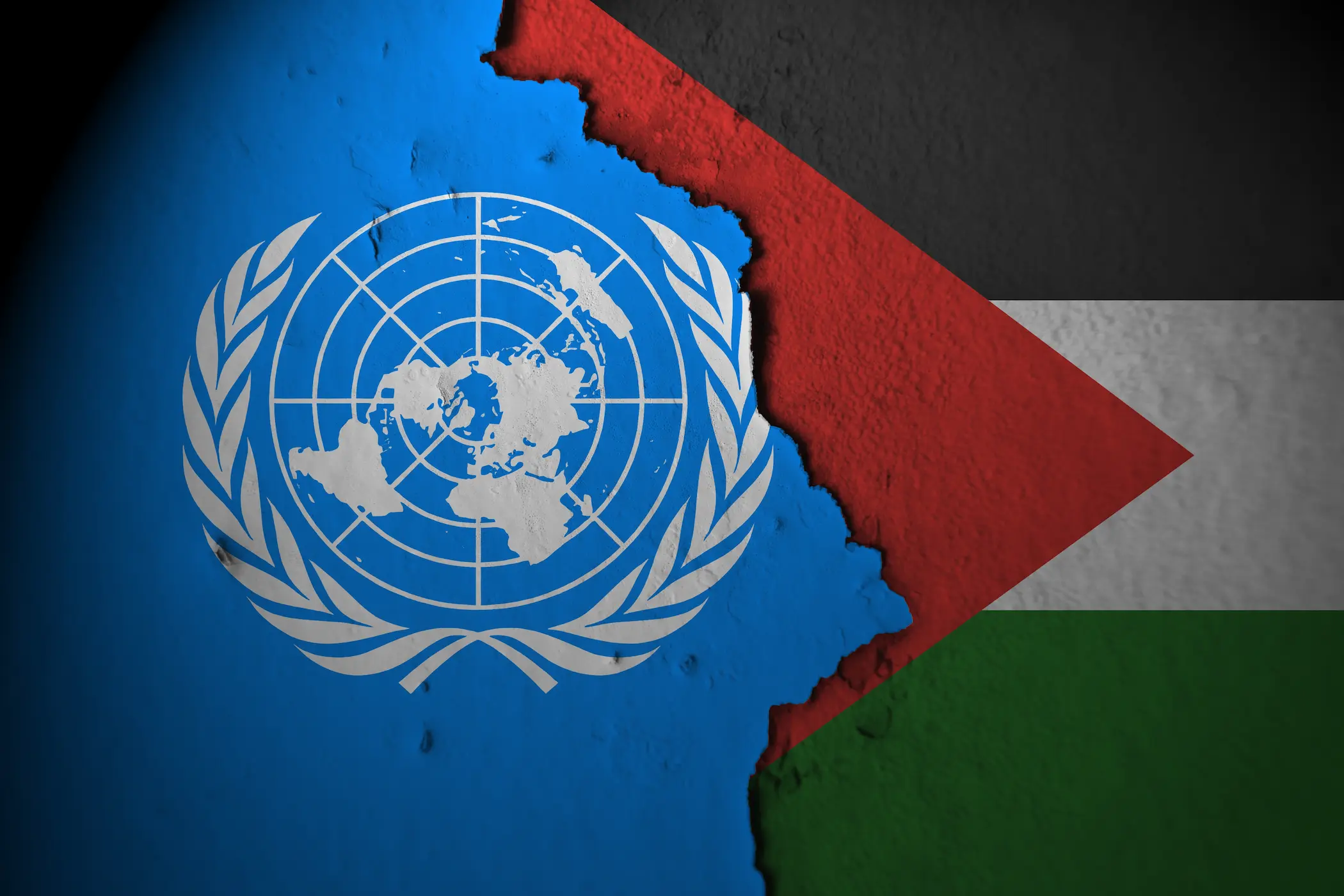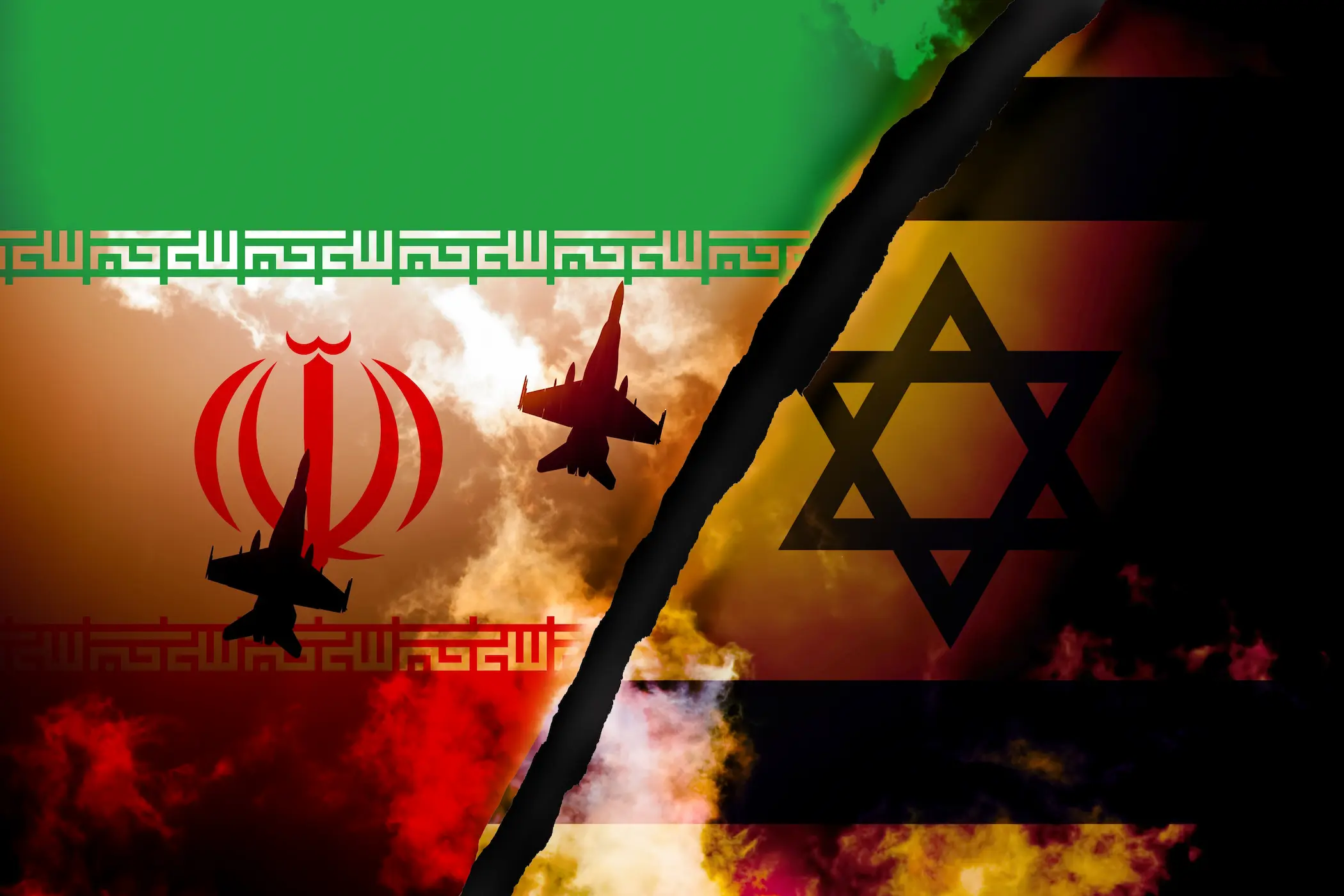In the morning of Sunday, Aug. 25, the Israeli army carried out a pre-emptive strike, launching intensive air raids with around 100 fighter jets targeting over 40 sites believed to be Hezbollah’s precision missile launch points. These sites were allegedly being prepared for strikes against Israel’s northern border in retaliation for last month’s assassination of Hezbollah’s military commander, Fouad Shukr. In response, Hezbollah launched a significant counterattack later in the morning, deploying numerous drones and firing over 320 Katyusha rockets at Israel, hitting 11 military targets. The escalation raises concerns, particularly as the Israeli government plans to allow residents to return to the northern areas they evacuated nine months ago. Should Israel fail to mitigate Hezbollah's ongoing strikes, the situation could have severe political and security repercussions for the government. This analysis examines the immediate and direct economic impacts of these mutual attacks on both sides of the border, and the potential broader consequences should the war continue and intensify.
Repercussions on the Lebanese Economy
The Lebanese economy is enduring its worst crisis since the Civil War in the 1980s, highlighted by a nationwide power outage that began on August 17. This blackout, affecting essential services like airports, the Port of Beirut, water pumps, and prisons, was triggered by the state utility electricity of Lebanon (Electricité du Liban- EDL) exhausting all precautionary measures amid the ongoing currency crisis. The recent attacks are expected to further exacerbate the situation in the following ways:
Tourism Collapse:
Tourism has become the primary source of foreign currency inflows into Lebanon, especially as many Lebanese expatriates have bypassed the formal banking system when sending remittances. Tourism is now the lifeline of the Lebanese economy. However, with Israeli strikes affecting areas beyond southern Lebanon and extending into the country’s interior, tourists already in Lebanon are likely to flee. At the same time, those planning visits will likely cancel reservations. This will intensify the pressure on the already strained economy and deepen the ongoing currency crisis.
Loss of Airspace Revenue and Airport Fees:
Lebanon’s strategic location between Europe and Asia makes its airspace a critical corridor for international flights, generating substantial foreign currency revenues from overflight fees. However, these revenues are now at risk due to the current and anticipated Israeli strikes in the region. As tensions escalate, airlines are likely to reroute their flights through alternative airspaces, such as those over Egypt and Turkey, to avoid both Lebanese and Israeli airspace. This shift will further strain Lebanon’s already fragile economy as it loses a vital source of income. The current image from the FlightRadar website shows this rerouting trend, reflecting the immediate impact of the war on Lebanon’s air traffic:

Prolonged Energy Crisis:
Lebanon’s current energy crisis, characterised by widespread power outages, was anticipated to be mitigated by international, Arab, or Iranian aid shipments of fuel by sea. However, such relief is now likely to be delayed due to anticipated disruptions in the Mediterranean. Hezbollah’s threats to target Israeli gas platforms could escalate tensions in the region, rendering aid deliveries impractical and prolonging Lebanon’s electricity crisis for several more months.
Repercussions on the Israeli Economy:
The Israeli economy, already under significant strain since the October 7 attacks, faces escalating financial pressures as the war drags on with no clear end in sight. Over the past 10 months, Israel’s credit rating has been downgraded by all three major rating agencies, with the outlook turning increasingly negative. Additionally, Israel’s cash reserves dropped from $198 billion to $186 billion during the first month of the war, forcing the Israeli Central Bank to intervene to stabilise the shekel using its reserves. Although the reserve recovered to $208.9 billion by July 2024, primarily due to Western aid, this support is unlikely to continue indefinitely. As the war prolongs, diminishing international aid will likely trigger another decline in reserves, echoing the early economic shocks of the conflict.
More critically, the depletion of Israeli human resources poses a significant challenge. The continuous mobilisation of reserve forces drains the labour pool essential to the economy. This strain will intensify if the Israeli military expands operations, particularly if it embarks on a ground invasion into Lebanon. The potential expansion mirrors the 2006 conflict, during which Hezbollah’s military capabilities were far less sophisticated. Despite this, the Israeli forces faced substantial losses, with 121 soldiers killed and no decisive victory achieved. Given Hezbollah’s enhanced capabilities today, human and economic costs could be far more significant in any renewed confrontation.
Direct Repercussions on the Egyptian and Jordanian Economies:
The economic fallout of the war extends to Egypt and Jordan, driven by their geographical proximity to Israel and their reliance on Israeli natural gas to power their electricity grids. Key impacts include:
-
Decline in Tourism: sub
The ongoing tensions are expected to dampen tourism in both countries, as the threat of war spreading to areas near Israel deters travellers. This effect is particularly concerning for Egypt’s Sinai Peninsula, adjacent to the Gaza Strip, where much of the war is concentrated. Although the impact may not reach the scale seen in Lebanon, it nonetheless exerts additional pressure on the tourism sectors of Egypt and Jordan, which are already struggling amid global economic instability.
-
Disruption of Gas Supplies: sub
As hostilities escalate, Israel is likely to halt operations in its offshore natural gas fields, especially the Karish field near the Lebanese border, which plays a crucial role in powering Israel’s electricity grid. In response, Israel may redirect gas flows from the Leviathan and Tamar fields for domestic use, curtailing the supplies traditionally exported to Egypt and Jordan. This would exacerbate electricity shortages in both countries, particularly in Egypt, where power outages were already widespread earlier this summer.
-
Potential Strain on the Jordan-Israel Water Agreement:
Jordan’s reliance on water imports from Israel—amounting to 50 million cubic meters annually, with an additional 50 million agreed upon since their 1994 peace deal—could face renewed challenges. Israel has previously leveraged water supplies to pressure Jordan, notably during a six-month delay in renewing the agreement due to Amman’s criticism of Israeli actions in Gaza. A protracted conflict, especially one extending into Lebanon, could see Israel using similar tactics, further straining relations and jeopardising Jordan’s water security.
Conclusion: The analysis highlights severe economic pressures on the Lebanese and Israeli economies resulting from the ongoing conflict. Lebanon’s economic collapse is deepening amid declining tourism, disrupted air traffic, and energy shortages. Meanwhile, Israel faces mounting challenges, from workforce depletion to dwindling foreign reserves, intensifying its economic woes. As the war drags on, these direct impacts will ripple out to neighbouring countries like Egypt and Jordan, amplifying regional instability. Comprehensive strategies to mitigate these economic damages and restore stability are essential for preventing further deterioration in the region.
Al Habtoor Research Centre’s Commentary articles allow researchers to provide quick, informed responses to ongoing topics, emphasizing personal perspectives and expert opinions without the weight of exhaustive citations. This ensures agility in addressing rapidly evolving subjects and enriches the discourse with authentic insights.






















Comments